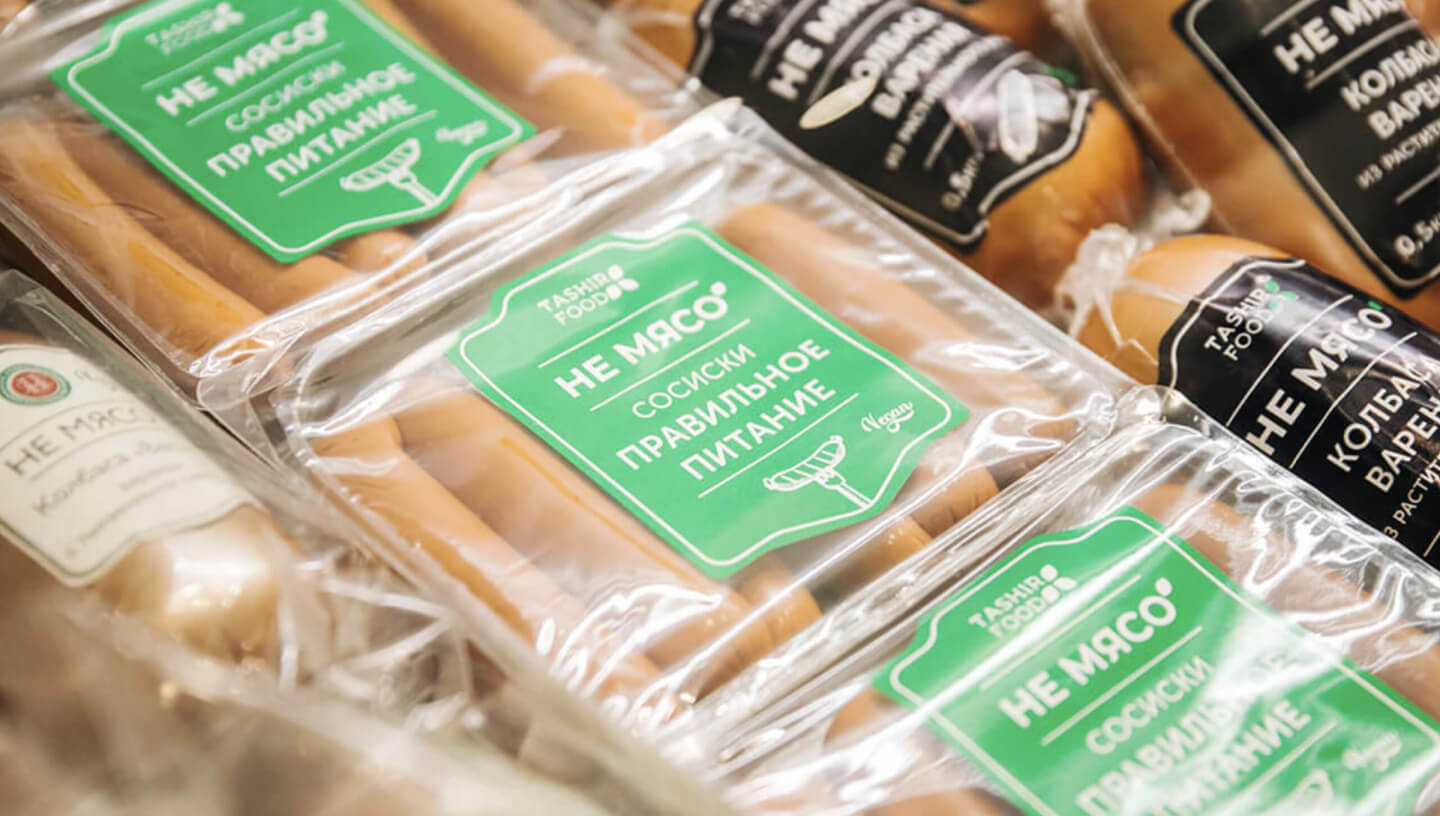28.09.2022
Ministry of Agriculture assesses climate pressures on agribusiness
The ministry commented on the idea of replacing meat with plant-based alternatives.
 Photo by: Tashir Food
Photo by: Tashir Food
Russia will not force consumers to switch to plant-based equivalents of meat and dairy products. The Russian Deputy Minister of Agriculture Svetlana Khodneva said at the Innofood international forum in Sochi.
“We have the task to ensure food security of the country with traditional products. The importance of alternative products is important when it is an alternative and an opportunity to choose and when this choice is voluntary, so I sincerely believe that in our country there will be no forcible planting of the topic of alternative foods as the only source of food security,” she said during her speech.
As previously reported by the Association of Alternative Food Producers and the Union of Plant-Based Producers, Rosstandart has launched the process of standardisation of plant-based analogues of products of animal origin for the first time.
In the first half of 2022, the Union of Plant-Based Producers submitted five drafts for the new state standard. These include regulations for the production of plant-based sausages and sausages, ice cream, cheeses, including soft cheeses (cream cheeses), and even plant-based ‘condensed milk’.
It should be noted that the idea of phasing out traditional food made from animal raw materials in favour of plant-based counterparts is being promoted in some countries. It is believed that this would drastically reduce the climate footprint of the agribusiness sector. Although crop production is also a serious factor in climate change impacts, the livestock sector is the one which is most criticised.
The city of Haarlem in the Netherlands has become the first place in the world to ban meat advertising in public places. It will be restricted from 2024, as current contracts with producers do not allow this to happen before then.
By this date, meat products cannot be advertised on buses, at public transport stops and other public places in Haarlem.
The authors of the initiative hope that such measures will help to reduce the environmental and climate impact of livestock production.
According to a recent study, the global food industry is responsible for a third of humanity’s greenhouse gas emissions, and animal meat production produces twice as many harmful emissions as plant-based food production.
A section of the city’s residents opposed the ban. Critics of the initiative say it violates the right of city residents to make choices and personal preferences, which is not in keeping with the tradition of Haarlem, where it is customary to respect such values.
Cover photo: South_agency / iStock







Comments